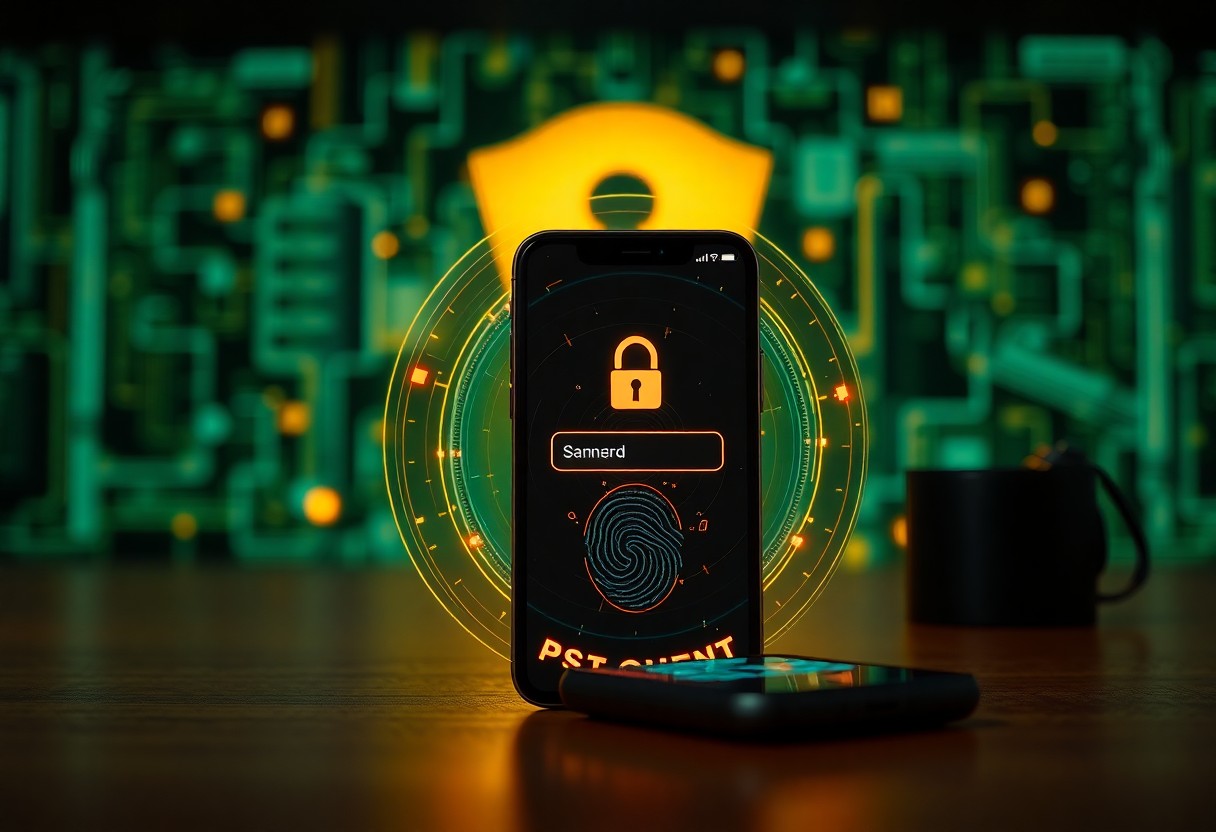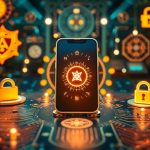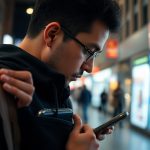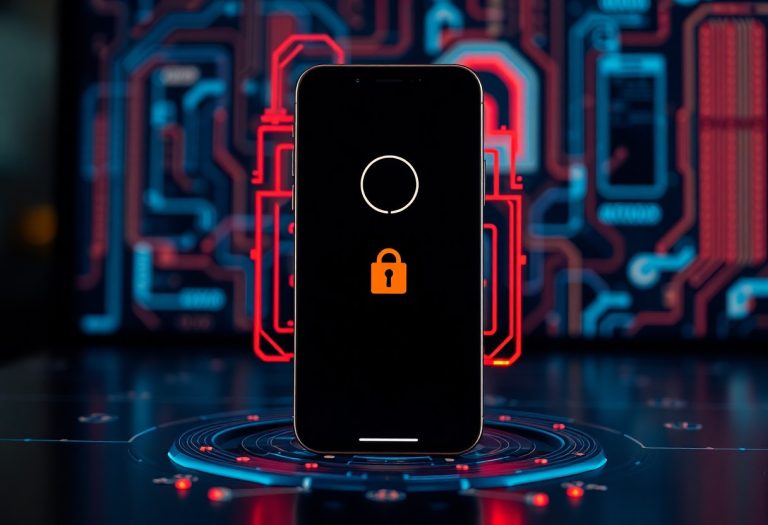Over the past few years, smartphone security has become increasingly important as cyber threats evolve. To ensure your iPhone remains protected, implementing layered defenses is key. This approach combines various security measures, allowing you to defend against potential breaches from multiple angles. By understanding and utilizing tools like strong passwords, biometric features, and up-to-date software, you can significantly enhance your device’s security and safeguard your sensitive information from prying eyes.
Understanding Layered Security Principals
For a comprehensive approach to your iPhone security, understanding layered security principles is imperative. This strategy involves multiple levels of protection that work together to safeguard your device and sensitive data. By implementing various security measures, you can significantly reduce the risk of unauthorized access and data breaches, giving you peace of mind in today’s digital landscape.
Definition of Layered Security
Between the different protective measures you can employ, layered security refers to the practice of using multiple security controls to protect your device. Instead of relying on a single defense mechanism, this approach combines safeguards like biometric authentication, strong passwords, and software updates to create a formidable barrier against threats. Each layer enhances your overall protection, making it increasingly difficult for attackers to compromise your security.
Importance of Multi-Factor Authentication
Across all security measures, implementing multi-factor authentication (MFA) stands out as an effective method to enhance your iPhone’s protection. This additional layer of security requires you to provide more than one form of verification when accessing your accounts, making it much harder for hackers to gain unauthorized access.
Indeed, multi-factor authentication significantly fortifies your iPhone security by requiring not just your password but also another factor, such as a fingerprint or a verification code sent to your phone. This reduces the likelihood of unauthorized access, as even if your password is compromised, your data remains secure with the additional verification step. In today’s world, where cyber threats are prevalent, this simple yet effective measure serves as a powerful tool to protect your sensitive information and maintain the integrity of your personal data.

Enabling Built-in Security Features
Assuming you want the best protection for your iPhone, enabling its built-in security features is vital. Apple’s devices come equipped with powerful tools designed to safeguard your personal information. Activate these features in your settings to ensure your iPhone is fortified against unauthorized access and potential data breaches.
Face ID/Touch ID
Along with other security measures, utilizing Face ID or Touch ID adds an extra layer of protection to your iPhone. By allowing your device to recognize your unique facial features or fingerprints, you can quickly and effortlessly unlock your phone while ensuring that only you have access to it. This biometric technology not only enhances convenience but also fortifies your device against prying eyes.
Find My iPhone and Activation Lock
Face your fears of losing your iPhone by taking advantage of Find My iPhone and Activation Lock. This feature provides a way to locate your device when it’s lost or stolen, offering real-time tracking on a map. If someone attempts to use your iPhone without your permission, Activation Lock makes it impossible for them to erase or activate the device without your Apple ID and password, thereby protecting your data from unauthorized access.
In addition, Find My iPhone and Activation Lock serve as an effective deterrent against theft. With real-time tracking, you can pinpoint the location of your device, and if it’s in the wrong hands, the Activation Lock ensures that your sensitive information remains secure. By enabling these features, you take proactive steps to enhance your iPhone’s security, giving you peace of mind in the event of loss or theft.
Utilizing Strong Passwords and Password Managers
Even with advanced technology, your iPhone security heavily relies on the strength of your passwords. Using strong, unique passwords for your accounts significantly minimizes the risk of unauthorized access. By employing a combination of letters, numbers, and symbols, and ensuring that no two accounts share the same password, you create an extra layer of protection that hackers will find difficult to breach.
Creating a Strong, Unique Password
Passwords should be at least 12 characters long and include a mix of uppercase and lowercase letters, numbers, and special characters. A strong password is not only resistant to burglary but also unique to each account. By combining words or phrases that are meaningful to you, you can craft passwords that are both difficult to guess and easier to remember.
The Role of Password Managers
Role of password managers is significant in maintaining your iPhone’s security. These applications help you generate, store, and manage your passwords securely, allowing you to use highly complex passwords without navigating the risk of forgetfulness.
Considering the array of accounts you manage, a password manager can be a game changer. It securely stores all your passwords, generating strong, random passwords for each login. This not only prevents password reuse but also protects you from potential breaches, as using unique passwords is crucial for combatting targeted attacks. Additionally, many password managers come equipped with features that alert you to potential security breaches, enabling you to act swiftly if your credentials are compromised.
App and Software Management
Keep your iPhone secure by maintaining control over the apps and software installed on your device. Managing app permissions and only using trusted sources for your downloads can significantly enhance your overall security posture. Be proactive, regularly reviewing what applications you have and ensuring they align with your privacy and security preferences.
Updating iOS and Applications Regularly
On a regular basis, update your iOS and applications to benefit from the latest security patches and features. Developers frequently release updates that address vulnerabilities and improve performance. Making these updates a routine part of your schedule will ensure your device is fortified against emerging threats.
Vetting Third-Party Apps
Any time you consider downloading a third-party app, it’s imperative to conduct thorough research. Avoid hastily downloading applications that may compromise your privacy or security.
Plus, before installing any third-party apps, always check user reviews and ratings, scrutinize the developer’s track record, and assess the permissions requested by the app. Opt for applications from reputable developers, as malicious apps can steal your personal information or introduce malware. Regularly monitoring your installed apps allows you to quickly identify and remove any suspicious software that may compromise your device’s security.
Network and Connection Safety
Your iPhone security heavily relies on the safety of your network and connections. By implementing strong protective measures, you can safeguard your data against unauthorized access and potential threats. From ensuring your Wi-Fi is secure to utilizing VPNs, proactive steps pave the way for a safer digital experience. Let’s explore how you can effectively enhance your iPhone’s network security.
Secure Wi-Fi Practices
Above all, using secure Wi-Fi practices is crucial for protecting your iPhone. Always connect to networks that are password-protected and avoid public Wi-Fi wherever possible. If you must use public networks, ensure that your Wi-Fi settings are configured to avoid automatic connections to available networks.
VPN Usage for Enhanced Security
About utilizing a VPN (Virtual Private Network) can significantly bolster your iPhone’s security. This tool encrypts your internet traffic, creating a secure tunnel between your device and the internet, which helps prevent data interception by malicious actors.
Due to the potential risks associated with unsecured networks, using a VPN is increasingly important. It protects your online activity from prying eyes and allows you to browse the internet anonymously. By masking your IP address, it becomes more challenging for hackers to trace your online actions, especially when using public Wi-Fi. Additionally, a good VPN can also help you access geo-restricted content, providing a dual function for both privacy and flexibility. Investing in a reliable VPN offers you the peace of mind that your sensitive information remains secure and private.
Maintaining Physical Security
To ensure your iPhone remains protected, it is important to implement stringent measures for maintaining physical security. This includes keeping your device in a secure location when not in use and using accessories that deter theft. Exploring solutions to enhance your security can be beneficial. For a comprehensive approach, consider investing in Multi-layered Security – Bitdefender TechZone.
Safe Handling Practices
Before you hand your iPhone to someone, always be aware of who you are sharing it with and the potential risks. It is wise to limit exposure to the device’s sensitive content by using apps that require biometric authentication or passcodes. Only allow trusted individuals access to your device, ensuring bystanders cannot access your private information.
Device Locking and Tracker Integration
After implementing safe handling practices, consider using device locking features and tracker integration for enhanced protection. This means employing Face ID or Touch ID to keep unauthorized users out and utilizing the “Find My iPhone” feature to track your phone in case it gets lost or stolen.
In fact, establishing a robust security protocol through device locking ensures that your sensitive information is largely inaccessible to anyone other than you. Pair this with tracker integration, and you can quickly locate your phone if it goes missing. Utilizing these tools not only minimizes the risk of unauthorized access but also provides peace of mind, knowing that your device can be easily traced, even if lost. Additionally, strong passwords or biometric locking methods enhance the safety of your personal data, making it imperative for anyone serious about their iPhone security.
Conclusion
On the whole, implementing layered defenses for your iPhone security involves a combination of strong passwords, biometric authentication, regular software updates, and careful app management. By enabling features like two-factor authentication and using a VPN, you can enhance your privacy. Additionally, educating yourself about phishing attempts and ensuring your device is encrypted will further protect your personal information. Taking these proactive measures allows you to create a robust security framework that safeguards your digital life effectively.






0 Comments